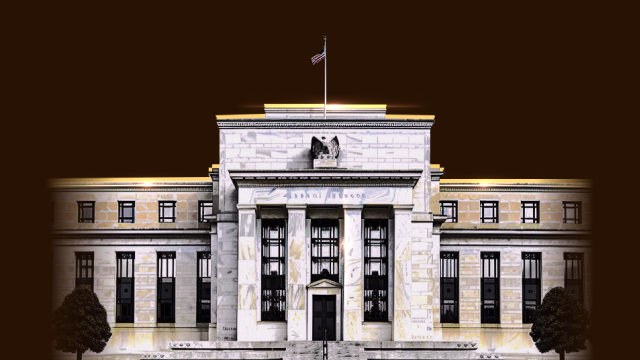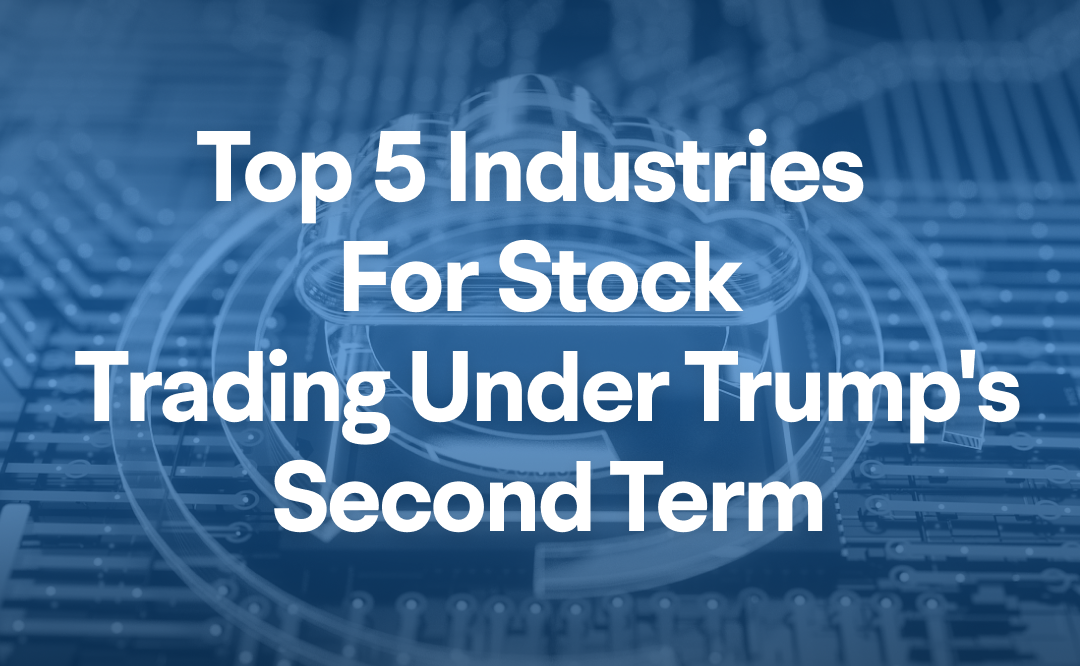TLH250516P102000
- 3.40
- 0.000.00%
Ishares Trust 10-20 Year Treasury Bd Etf Newsroom
Trump wants to amend AI Chip export controls? The U.S. Department of Commerce: Simplifying the 'Biden rules' is beneficial for innovation!
① A spokesperson for the USA Department of Commerce stated that President Trump plans to lift the restrictions on the export of advanced AI Chips instituted during the Biden administration, claiming that Biden's rules are overly complex and will hinder innovation in the USA; ② In January of this year, Biden released the "AI Diffusion Export Control Framework," establishing a "three-tier licensing system" for AI Chips, which limits the amount of advanced AI Chips accessible to various countries and regions.
Treasury Yields Wobble as Fed Reaffirms Its Data Dependence -- Market Talk
US10Y Slips After Federal Reserve Warns of Potential Stagflation
Relief Rally or Calm Before the Storm? SA Analysts Weigh in on Tariffs
U.S. stock market outlook | All three Equity Index futures are up, and the Federal Reserve's interest rate decision is imminent.
On May 7th (Wednesday), in Pre-Market Trading, the three major U.S. equity index futures all rose.
What caused the rapid reversal of the latest sell-off in the USA? Deutsche Bank: The main reasons are policy easing and the economy not entering recession.
Deutsche Bank stated that this round of market reversal is mainly attributed to three points: macroeconomic data shows that the USA economy has not fallen into recession; the decline in oil prices has alleviated inflationary pressures, providing room for potential interest rate cuts. Finally, the policies of the USA government have softened, and the tendency for trade protectionism has weakened.
U.S. stock valuations have reached warning levels again! The market is treading carefully before the Federal Reserve's decision.
The recent rebound in the stock market has caused valuation levels to rise again, and with the Federal Reserve about to announce its MMF policy decision, the market cannot afford any mistakes.
The largest stock buyback frenzy in history has arrived! In the midst of uncertainty, companies choose to "buy the dip" on themselves.
According to Deutsche Bank, S&P 500 Index constituent companies are expected to buy back $192 billion worth of Stocks in the coming months, the highest single-week record since 1995. Under the shadow of uncertainties such as trade tariffs, companies prefer to deploy large Cash reserves through buybacks.
FOMC Preview: When Will Powell Turn Dovish Amid Tariff Tensions?
Despite the tariff disputes, should one still stick to U.S. stocks? Morgan Stanley provides five major investment recommendations.
① Should one choose Large Cap stocks or Small Cap stocks? Should one choose industrial stocks or Consumer stocks? Should one still remain committed to U.S. stocks? ② Morgan Stanley U.S. stock strategist Wilson offers five investment recommendations to investors to address Global trade risks.
After Buffett "hands over the baton", Berkshire has made substantial bottom-fishing purchases, while retail investors gamble on the enduring faith in the "stock god".
On Monday, retail investors invested more than 24 million dollars in Berkshire Hathaway Class B Stocks.
Goldman Sachs outlook for the May Federal Reserve meeting: the threshold for interest rate cuts is higher than in 2019, and it is necessary to wait for employment and other hard data to weaken.
Analysts including Jan Hatzius from Goldman Sachs have stated that inflation and inflation expectations based on surveys are currently much higher, and decision-makers need to see more compelling evidence of an economic slowdown before taking action. The strongest argument for interest rate cuts would be if Federal Reserve officials believe that data indicates the unemployment rate may continue to rise, which means that other signs such as rising unemployment, weak wage growth, and companies becoming cautious or weak demand growth need to be observed.
Markets Rattled As Trump Tariffs Overshadow Fed Calm
Bescent warns that the USA is at a "warning line" for debt, but still insists it will not fall into default.
① The U.S. Treasury Secretary Bentsen warned again on Tuesday in response to questions from the House of Representatives that the U.S. Treasury is at the "red line," close to exhausting its ability to stay within the federal debt ceiling; ② However, Bentsen assured once again that the U.S. government would never default on its debt and promised that the Treasury would not use "tricks" to circumvent the debt ceiling.
USA stock market: S&P 500 Index has fallen for two consecutive days, with risk aversion dominating Wall Street on the eve of the Federal Reserve's interest rate decision.
On the eve of the Federal Reserve's interest rate decision, risk aversion dominated Wall Street, leading to a decline in the US stock market. Comments on trade policy by US President Donald Trump failed to alleviate concerns about the economic damage that the trade war could cause.
The USA Treasury's 10-year bond auction was strong, with robust overseas investment demand.
Compared to the almost "zero liquidity" tension during the last 10-year U.S. Treasury auction, the market is clearly much calmer this time. After the auction results were released, U.S. Treasury yields fell sharply. Michael Faulkender, Deputy Secretary of the U.S. Treasury, stated that today's 10-year U.S. Treasury auction was very successful.
Beijing Century claims that the USA is in a "warning stage" regarding the debt ceiling, and the US government will never default.
On Tuesday, the USA Treasury Secretary Yellen reiterated that the USA Treasury is on a "warning track", nearing the limit of its ability to remain within the federal debt ceiling, but he did not provide a specific timeline.
Treasury Yields Fall Ahead of Another Expected Fed Hold -- Market Talk
Daily Roundup of Key US Economic Data for May 6
SA Sentiment Echoes Current Fed Outlook Despite Rate Cut Pressure




